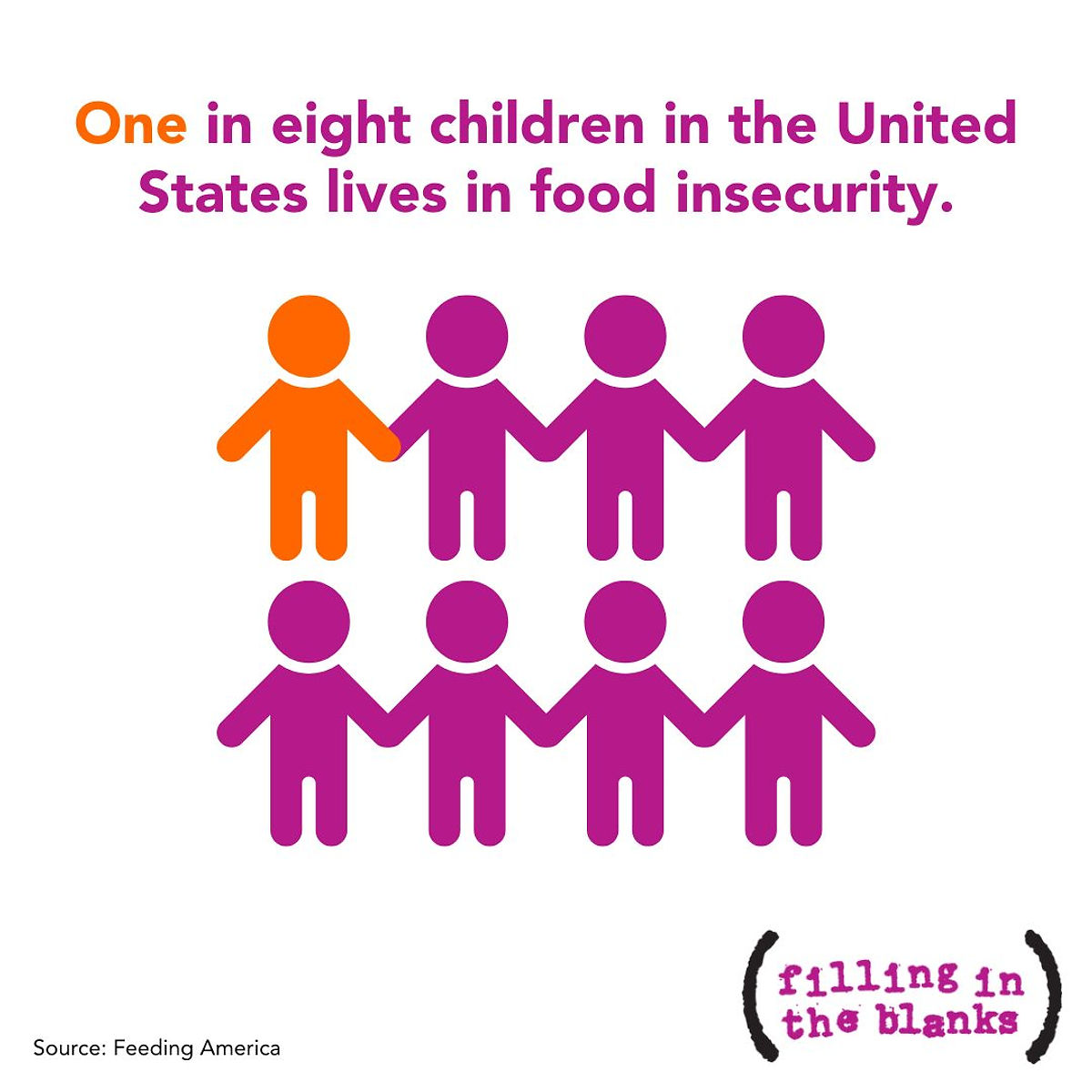
One in eight children in the United States lives in food insecurity, meaning they lack consistent access to meals. Their families’ economic situations often force tough decisions—purchasing enough groceries could mean falling behind on rent. These are kids for whom school might be their one reliable source of food.
With such a large proportion of children in need of food assistance, more and more communities have experimented with universal free lunch programs, making school meals available to all students regardless of family income. The Federal response to Covid-19 actually made universal free lunch available across the country, however, its funding ended earlier this school year. Some states, including Connecticut, have found ways to maintain these programs.
Currently, Connecticut has extended free school meals through the end of this academic year. It’s unclear what steps may be taken to extend the program further, but what is clear are the continued benefits it could provide.
When lunch is free for everyone, more kids eat
Advocates of universal free lunch cite numerous benefits including and related to reduced stigma—which is in and of itself a psychological benefit to children. Most notably, however, removing the stigma associated with free or reduced priced meals removes one of the biggest barriers to participation for those most in need. A study conducted in New York City just prior to adoption of its universal lunch program found significantly higher participation in meal programs at schools that made no distinction among who qualifies versus those still using needs-based criteria. This difference was measurably significant across all grades, but particularly higher for middle and high school students, where participation increased by 20 and 15 points respectively.
Reduced hunger enhances learning
We know intuitively that students who come to school prepared to learn—including being well fed—do better. And scientific research backs this up. A study by the Maxwell School at Syracuse University found that students in schools with meals for all fared better on tests than their peers in schools without a universal meal program. But gaps still remain Our weekend meals program is premised on the fact that as much as school meal programs are a critical benefit, gaps persist at home. Families on the margins are facing the same increased food costs as everyone else just as the Federal Supplemental Nutrition Assistance Program (SNAP) scales back support in the wake of Covid-19. For Connecticut families stretched thin and struggling to put food on the table, we’re filling in the blanks. Consider donating today.
